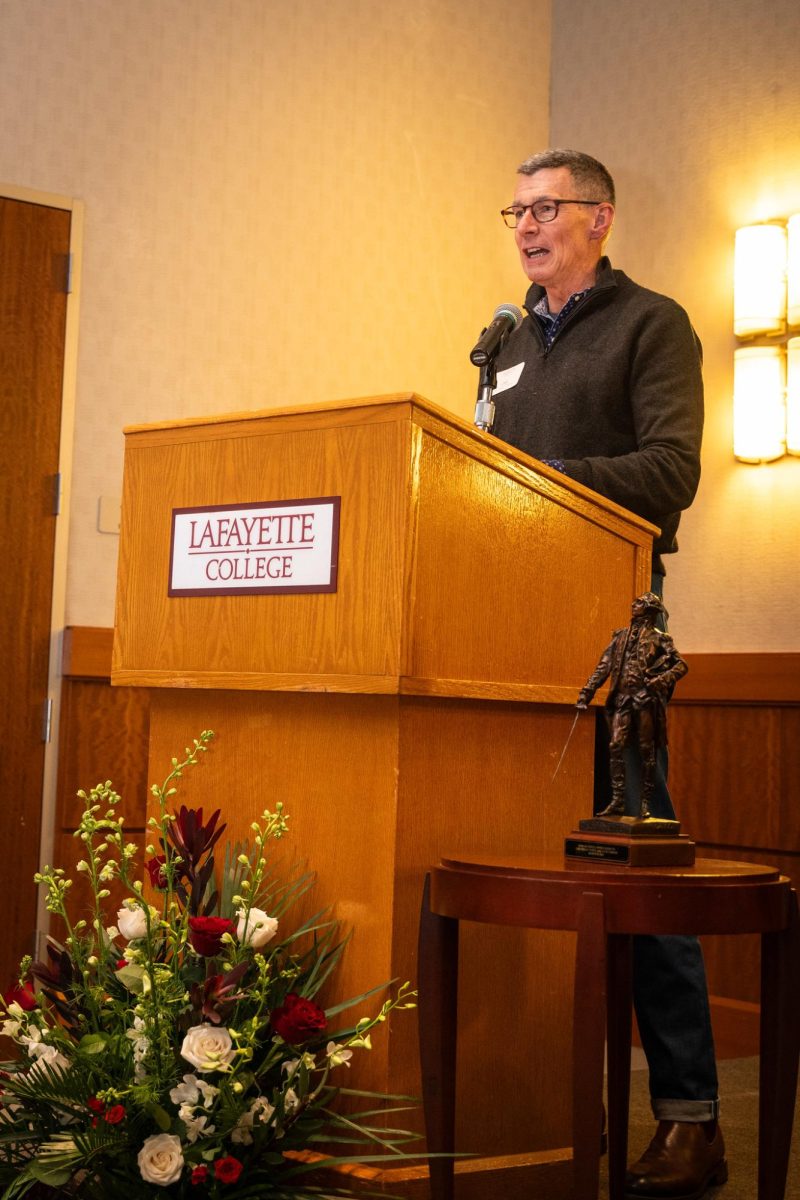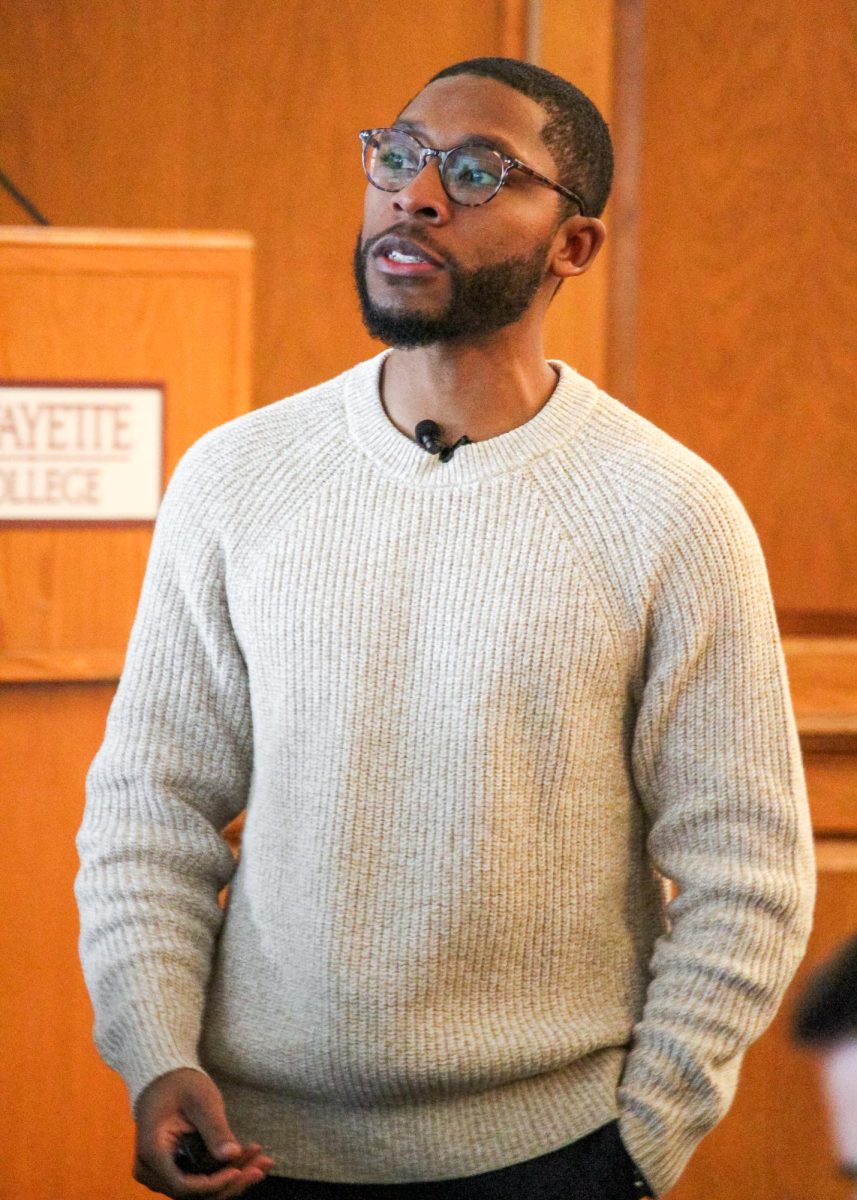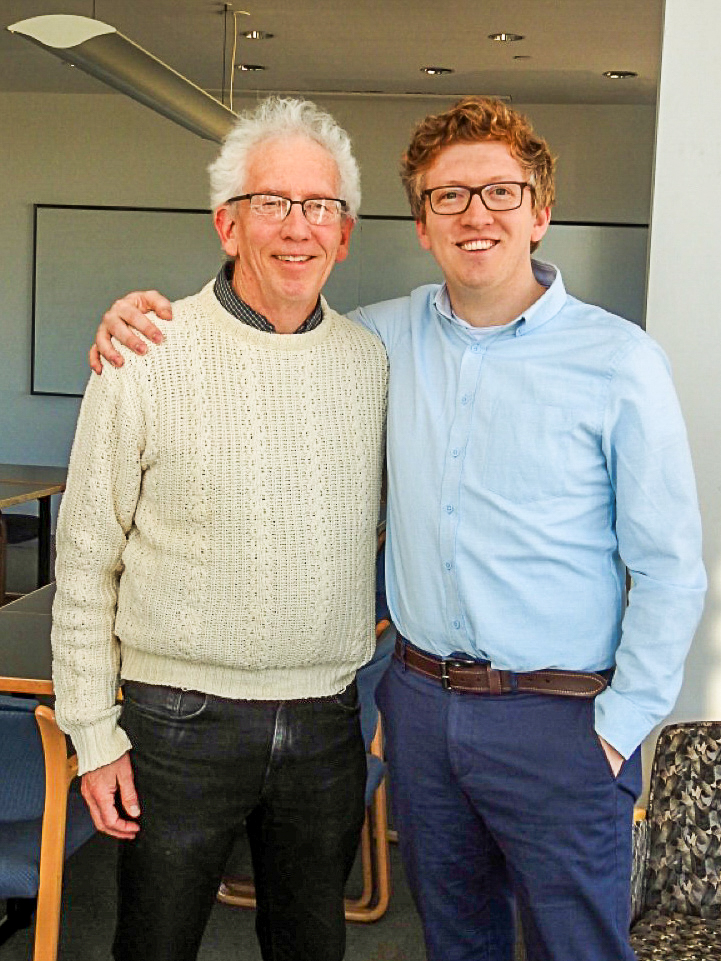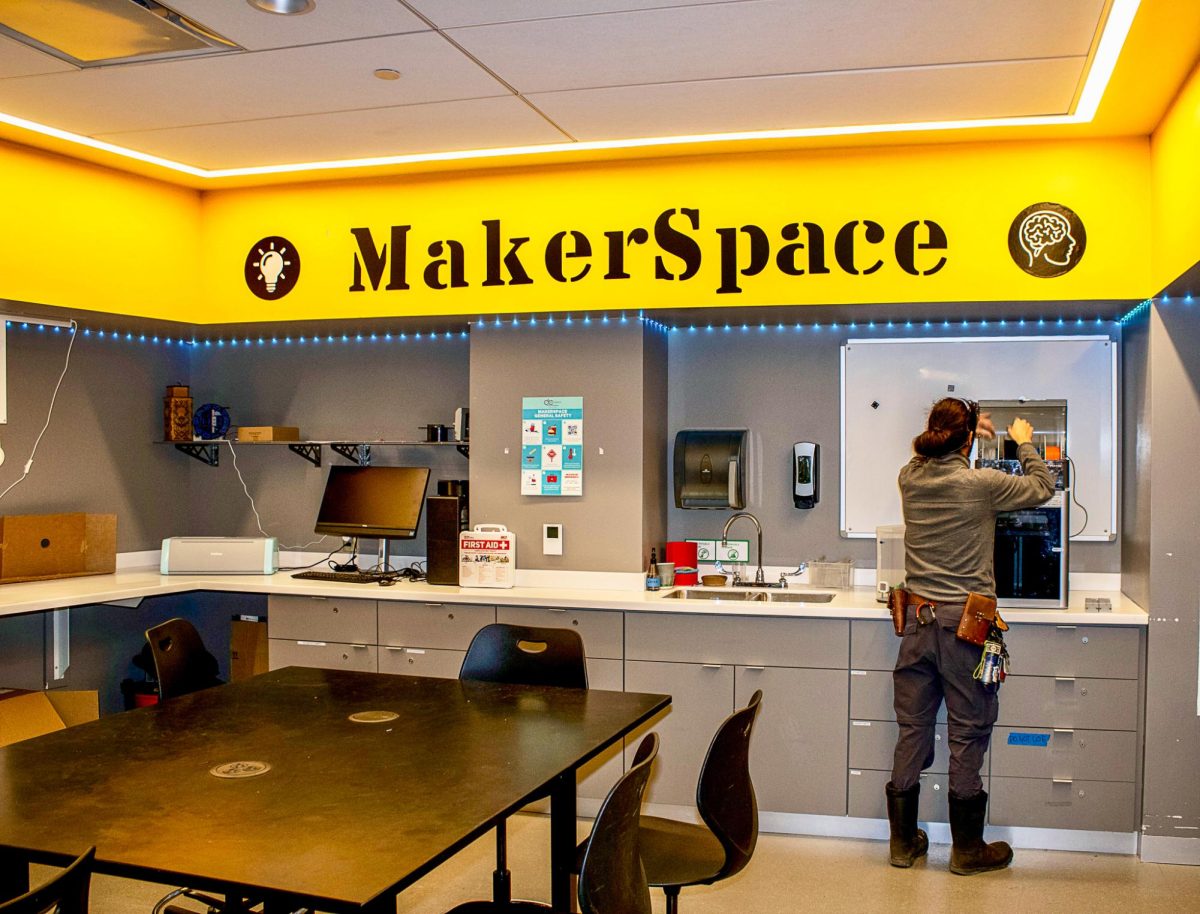Ninety years after the first chapter was founded at Lafayette College, the co-ed service organization Alpha Phi Omega (APO) has been approved to return to campus as a club by student government and Dean of Students Paul McLoughlin.
APO was founded as a National Service Fraternity in 1925 at Lafayette, but was deactivated at the college in 1988. However, the organization itself expanded to become “the single most represented intercollegiate service organization in the United States,” according to its website.
Lafayette APO is currently recognized as an interest group by the national APO organization, and has to go through two more stages in the process before becoming a full chapter of the organization. APO will organize 12 service projects, three of which will benefit Lafayette campus, said Alex Storozum ‘18, who spearheaded the process to get the organization back on campus.
Although their name consists of Greek letters, and it was originally a fraternity at the college, the organization will not function as a Greek organization. McLoughlin made this decision after a meeting with Storozum and the group’s APO sponsor.
McLoughlin wrote in an email that since APO is not a Greek organization, students will be able to join a Greek life while being a member of APO.
“APO is more like an honorary society that has Greek letters in its name than it is a single-sex living organization like the fraternities or sororities that would go through the Recognition Process,” McLoughlin wrote.
“After meeting with Dean McLoughlin the best course of action he decided was for us to operate outside of the office of Greek life and as a club organization, and that’s how we got to where we are right now,” Storozum said.
Storozum said that APO differs from a traditional Greek organization in that whereas Greek organizations have philanthropic projects that are associated with them, APO’s main focus is philanthropy.
“When we met with Dean McLoughlin our sponsor brought up that while Greek organizations have their own philanthropy,” he said. “APO doesn’t have a philanthropy because APO is the philanthropy.”
As a club organization, APO will be allowed to recruit freshmen for membership, which they plan to begin doing at the activities fair next semester, Storozum said.
Also, unlike some Greek organizations, APO is not permitted by its national organization to have an on-campus house. Storozum said this is intended to keep membership dues low and membership easily accessible.
“The reason that the national organization doesn’t want APO to have a house is because if there was house it would significantly drive up membership costs,” he said. “The national organization wants to try to be as inclusive as possible so keeping dues low is the best way to achieve that end.”
Director of the Landis Center Amber Zuber said she is looking forward to working with APO as a fellow service organization.
“I anticipate many opportunities to work collaboratively with APO, and we have been in conversation with the student leaders spearheading this effort for most of the academic year,” Zuber said.
“I’m excited that students are interested this pursuit, and I believe APO will serve as a complement to our work in the Landis Center, providing more opportunities for greater involvement in our community,” she added.
Storozum said that APO is different from Landis in that APO will be more socially involved that Landis.
“In Landis, there’s not really that social connection outside of doing the program every week,” Storozum said. “I mean, you speak with the people that are in the program with you, but you don’t really build friendship or connection with these people.”








































































































